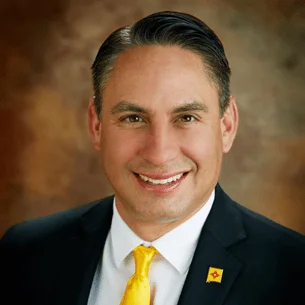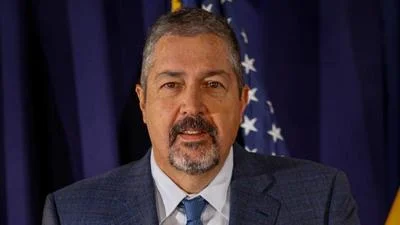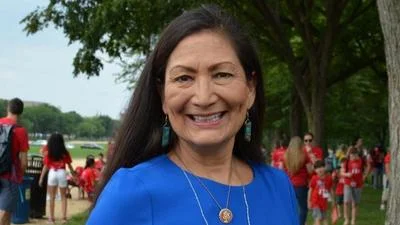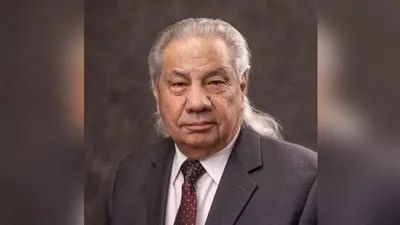The Native American Rights Fund (NARF) has concluded its 2025 Summer Law Clerk Program, expressing gratitude to the law students who participated this year. The program is considered a key part of NARF’s mission, bringing in new talent and perspectives to support legal work on behalf of tribal communities.
"Thank you to our summer law clerks for your exceptional service this summer. Your hard work, dedication, and fresh perspectives have been invaluable to our team. The NARF Summer Law Clerk Program is vital to our mission, bringing in new talent and energy that drives our success in Indian Country. We appreciate all you’ve contributed and look forward to seeing the incredible impact you’ll continue to make in your legal careers and your communities," the organization stated.
This year’s cohort included law students from across the United States with diverse backgrounds and interests:
Luke Colvard, an Eastern Shawnee Tribal citizen raised in California’s Central Valley, is currently studying at UCLA School of Law. He serves as Vice President of the Native American Law Students Association (NALSA) at UCLA and Chief Comments Editor for the UCLA Law Review. Colvard emphasized his commitment to preserving tribal authority over lands and peoples, stating that he views NARF as "the ideal place to gain the experience and knowledge needed" for this work.
Sheherazade Crombie-Weyland is a third-year student at Lewis & Clark Law School in Portland, Oregon. Although not a Tribal citizen herself, she has been learning Choctaw with her husband in honor of her grandfather. She described NARF as her "dream organization."
Andrew Druart attends the University of Michigan Law School and is a citizen of the Chickasaw Nation. He previously served as Vice President of his school’s Native American Law Student Association (NALSA) chapter and on the executive board of its Cultural Heritage Law Society. Druart expressed enthusiasm about working at NARF’s Boulder office: "He seeks a career working on federal Indian law, tribal law, and cultural heritage law matters." He also noted his interest in peacemaking courts and advocacy for boarding school healing.
Jessica Garcia studies at the University of Colorado Law School and hails from Aurora, Colorado. She became interested in American Indian Law during her undergraduate years at the University of Denver. Garcia said she was excited about gaining experience through NARF in areas such as sacred places protection, treaty rights, MMIWG (Missing or Murdered Indigenous Women and Girls), and NAGPRA (Native American Graves Protection and Repatriation Act).
Ingria Jones is a second-year student at the University of Washington originally from Maine. Her focus includes water resources, cultural resources, and co-stewardship issues affecting tribal communities.
Allyson Leforce attends the University of Arizona College of Law as an enrolled member of the Citizen Potawatomi Nation of Oklahoma. She specializes in Indigenous Peoples Law and Policy both domestically and internationally: "Allyson chose to work with the Native American Rights Fund because of its leadership in some of the most influential cases affecting Indigenous communities."
Monique Tsosie comes from Crystal, New Mexico, is an enrolled member of the Navajo Nation, and studies at Arizona State University’s Sandra Day O’Connor College of Law. Tsosie cited personal experiences growing up on Navajo land as motivation for pursuing legal education focused on protecting tribal sovereignty: "This experience continues to drive her commitment to serving tribal communities."
The program offers participating students opportunities for hands-on legal experience related to federal Indian law while contributing directly to projects supporting tribes nationwide.









